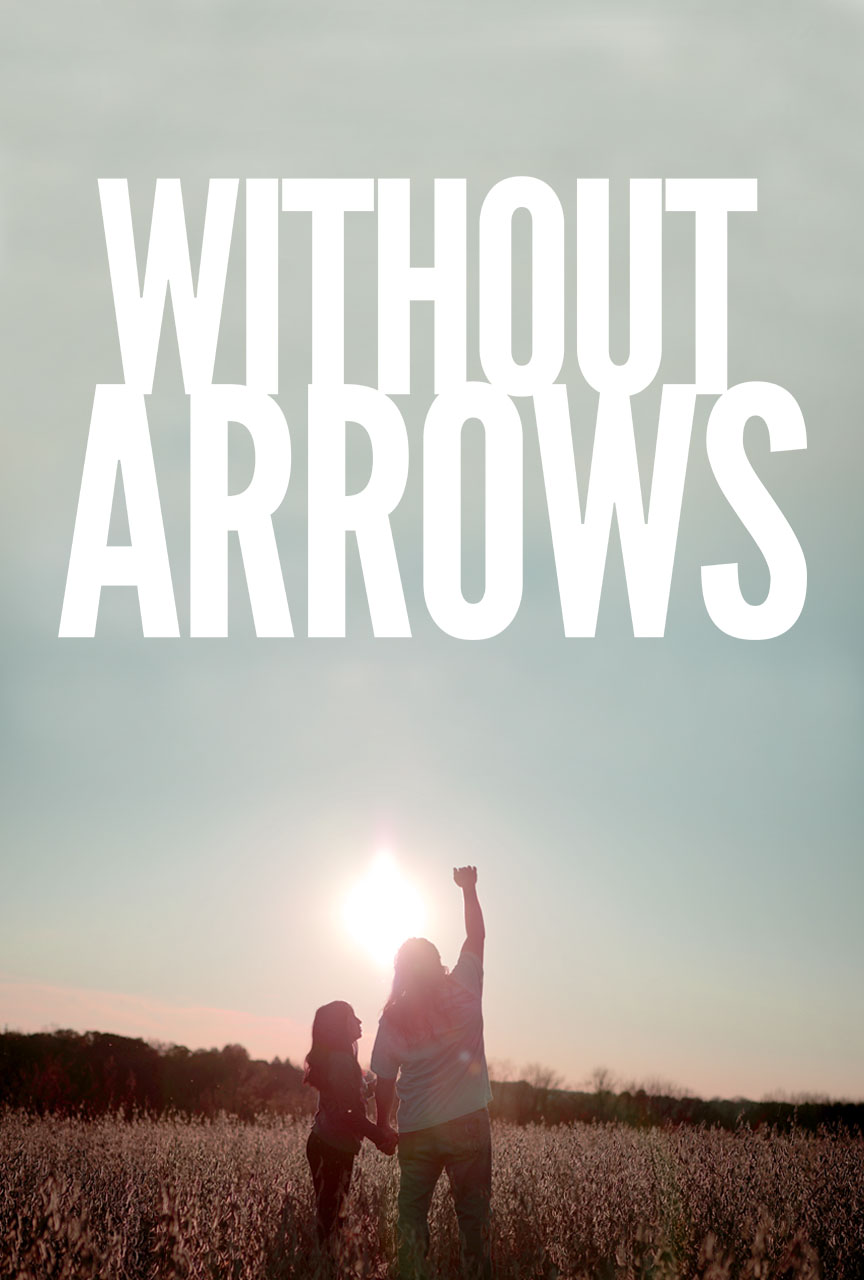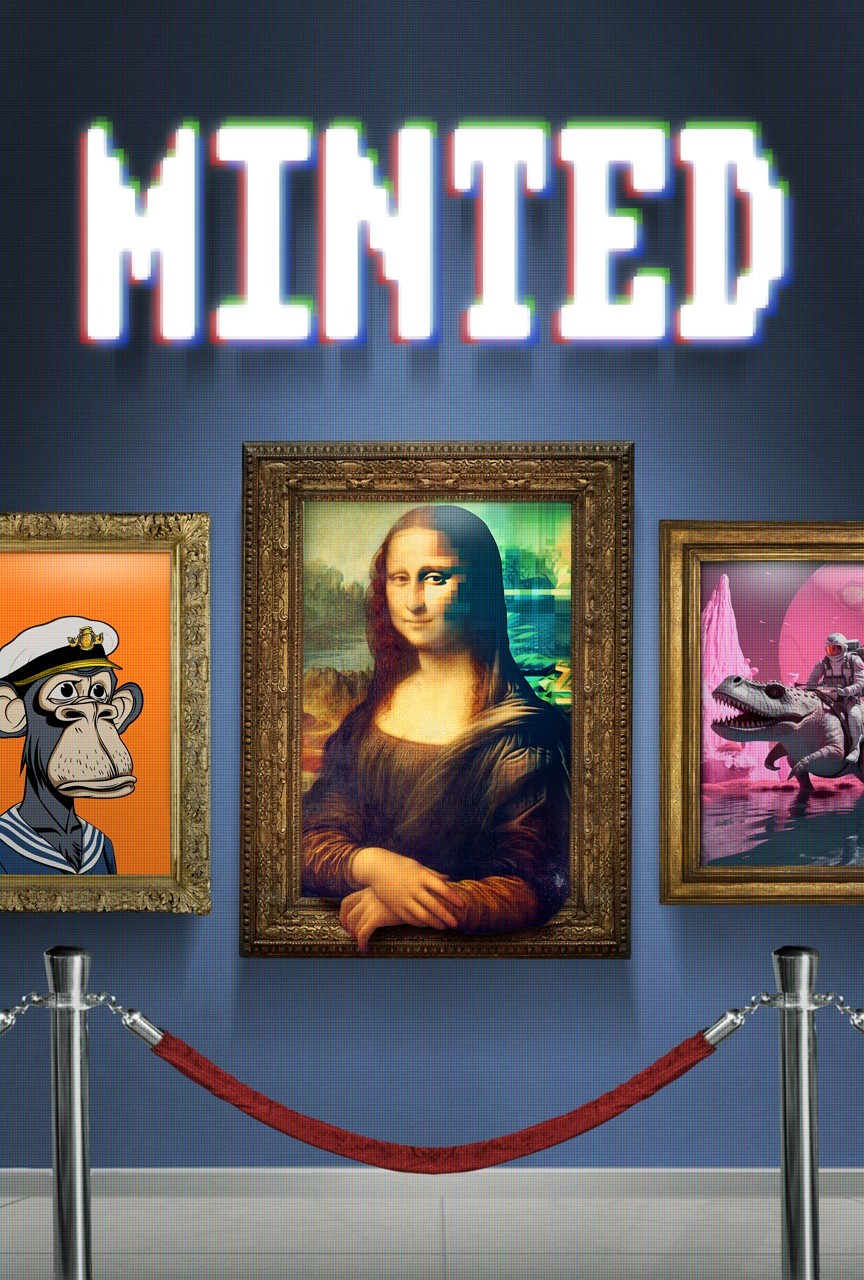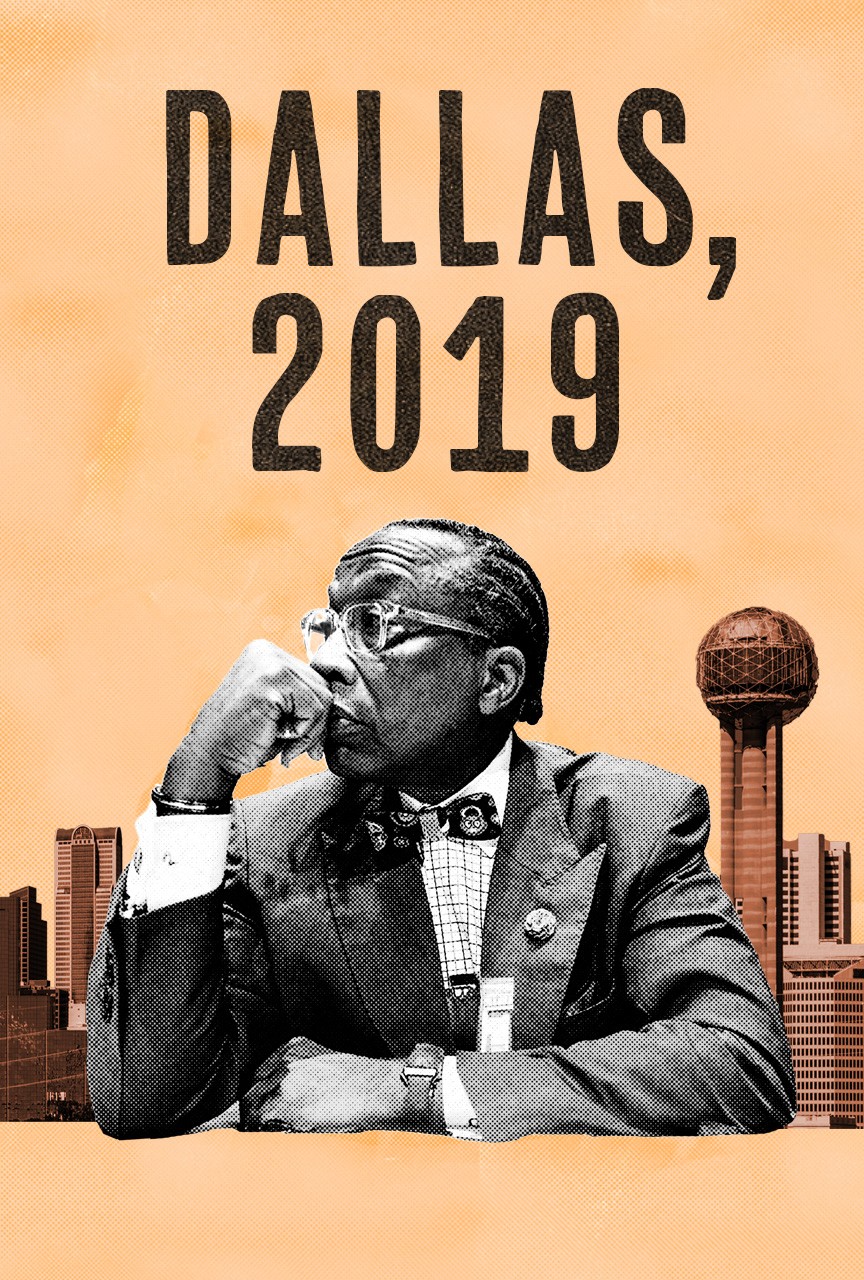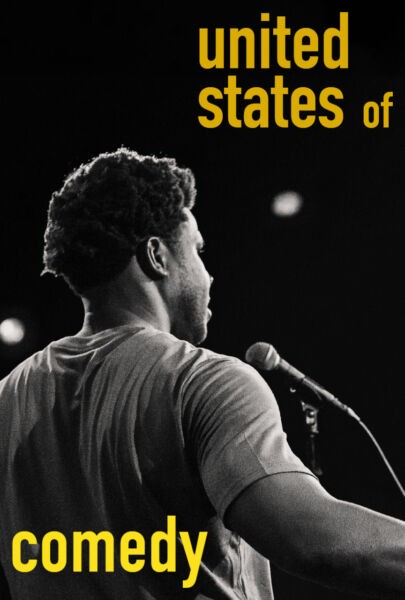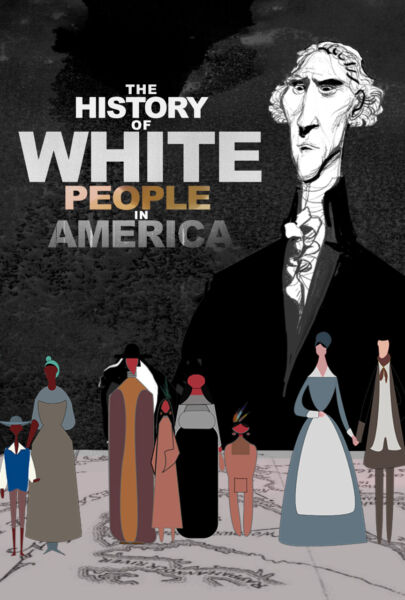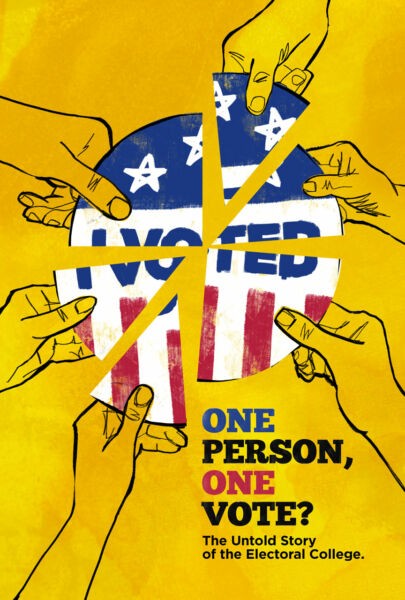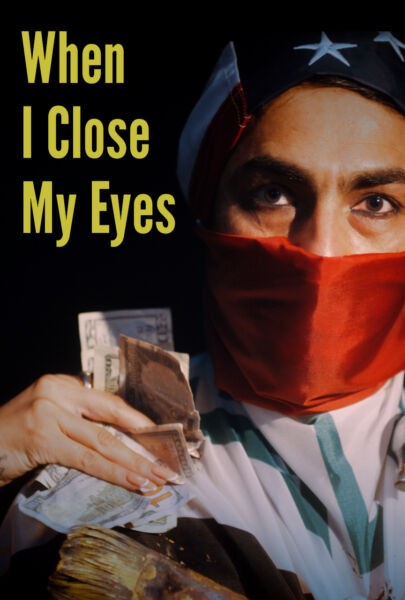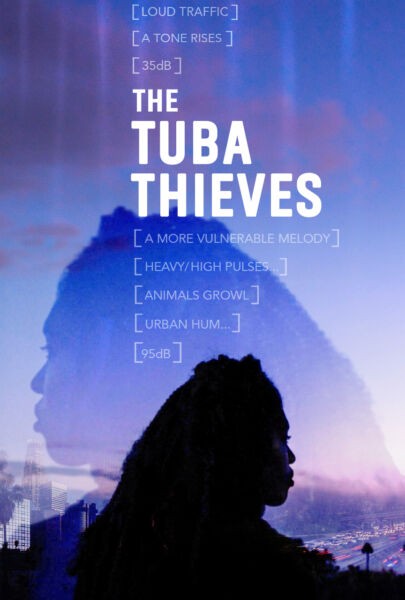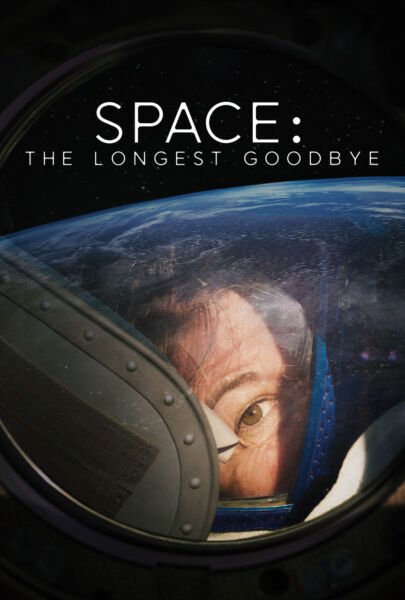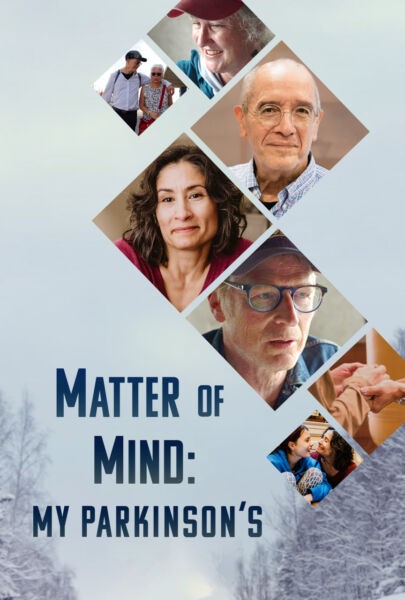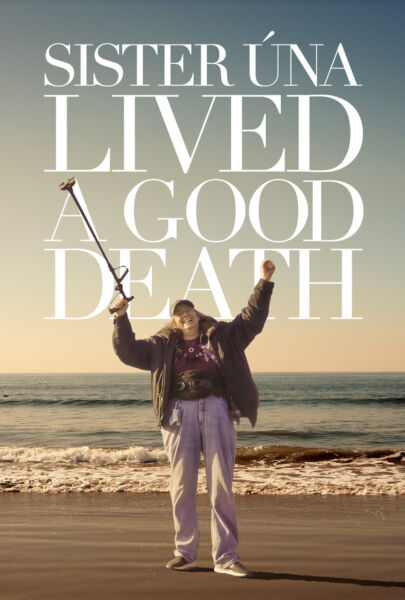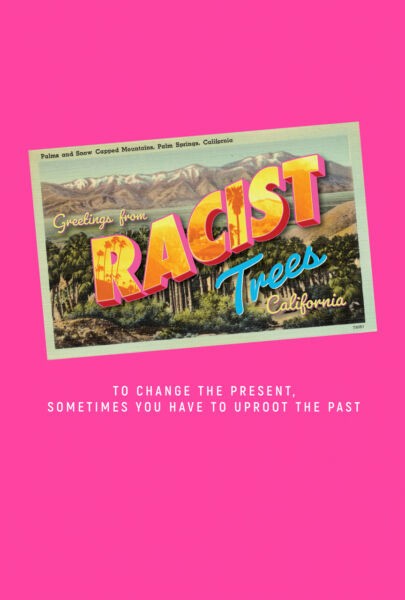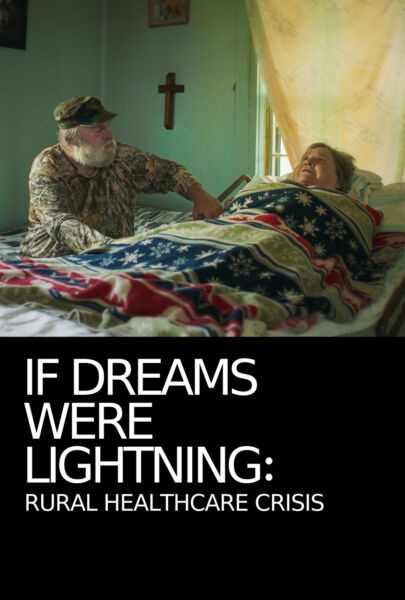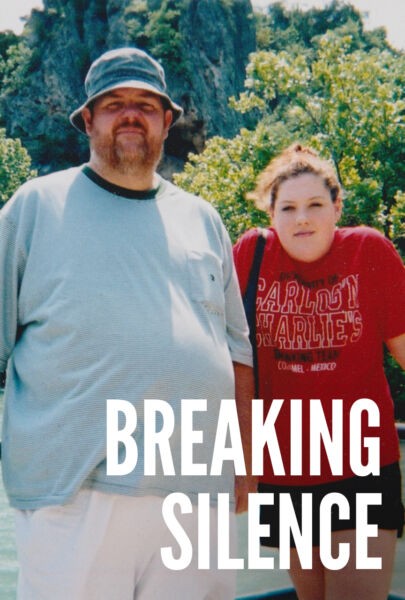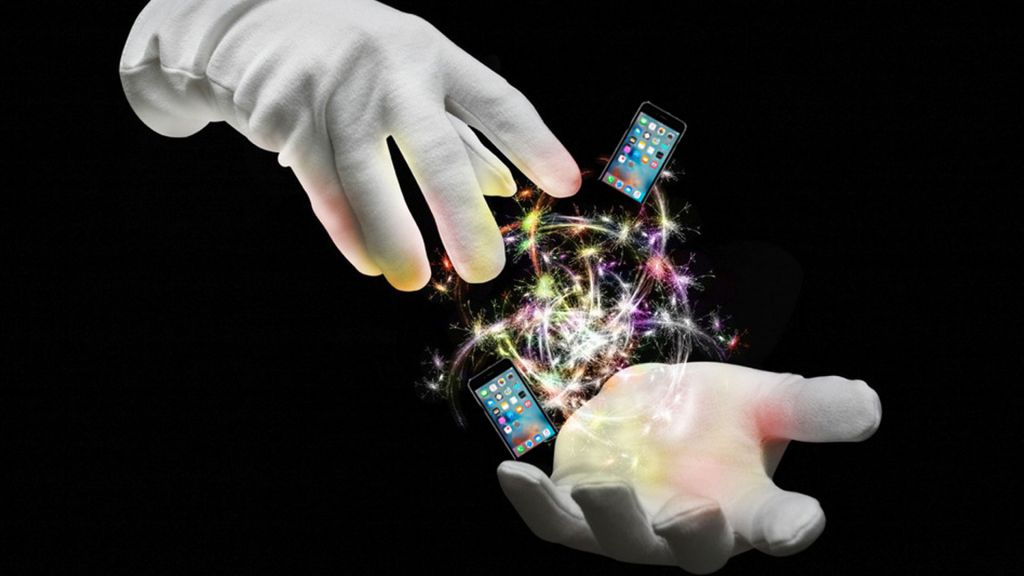
Legendary stage magician and escapologist James “The Amazing” Randi broke out of 22 jails during his career, going so far as to break Harry Houdini’s record of time spent inside a coffin submerged in water (104 minutes to Houdini’s 93).
As seen in the film An Honest Liar, Randi became a professional debunker, investigating the psychics, paranormals, and faith healers that gave magic a bad name. He and his colleagues staged their own hoaxes to expose fraudulent illusionists they felt took advantage of susceptible audiences. But in the age of high-tech, can such hoaxes – and even good, old-fashioned magic tricks – still be believed?
The Age of Skepticism?
Randi’s hoaxes included planting fake psychics in research experiments and national media. These days, it’s hard to imagine such elaborate deception, when public records, information dissemination, and watchdog sites like Quackwatch.org and Snopes.com are at our fingertips.
Yet there remains no shortage of those who want to believe in magic – or magical thinking – despite a lack of scientific evidence. (Even Randi has his own skeptics, and investigations of psychic claims date back centuries). Peter Popoff, the televangelist faith healer Randi helped bring down in the ’80s, still peddles “miracle spring water” on infomercials that allegedly help you get free money from God. Believers in paranormal activity steadfastly resist investigations based on technology and science.
As for magic tricks, illusionists like David Copperfield, who Forbes calls the most commercially successful magician in history, “remains a throwback, specializing in spectacle. On TV he has caused a plane, a train, and the Statue of Liberty to vanish (not at once). For the highlight of his current show he transports someone from his stage to a televised beach in Australia to be reunited with an estranged acquaintance.” This 1993 footage of Copperfield disappearing the Statue of Liberty, with its announcers swearing on the trick’s veracity, seems unlikely to fool savvy audiences today:
Magic and Tech
Has technology upped the stakes for magic, or is today’s magic the same old tricks with shinier props? Copperfield sawing himself in half is accompanied by over-the-top lighting, fog machines, and dramatic music.
Yet in the end, the trick’s not so different from this 1934 act of Harry Blackstone, a mentor to and inspiration for Randi (“he was my demigod“), sawing a woman in half (video has no sound):
A piece by German broadcaster DW, “How technology, the Internet and the iPad are changing a magician’s secret work,” debates whether magic and technology are truly mutually exclusive:
“The Internet is a blessing and a curse for magicians,” says Stuart Nolan, who calls himself a research magician. For Nolan, the Internet is a curse because of the way people like to post videos and share the secrets of the game.
But for magicians like Simon Pierro, the Internet has been a blessing.
The 35-year old, who is known as the iPad Magician, posted one of his first YouTube videos three years ago. It showed Pierro performing tricks with Apple’s tablet PC. The video went viral and his YouTube account has since garnered more than 20 million views.
Here’s Pierro making beer pour out of an iPad at Oktoberfest in Munich, Germany:
This sudsy trick is one modern magician Justin Williams, who closes his live show by predicting a tweet, might argue is simply a product of the times. Yesterday’s deck of cards are today’s iPhones and iPads.
Williams talks about his tweet trick in USA Today:
“It’s an old trick, but by doing it in a modern social-networking way, it makes it seem fresh… I do a lot of iPhone/smartphone tricks. Obviously, the most powerful magic is when you do something impossible with an ordinary object, especially something right out of somebody’s pocket. It’s where magic is headed. Decks of cards aren’t as common anymore, but smartphones are what we have on us. Magic has a stereotype of being dusty and old school, so if I can breathe some new life into it, and make it high tech at the same time, then I’m moving the art form forward.”
Others feel that the intersection of modern technology and magic hasn’t yet lived up to its potential. Kieron Kirkland, a former magician in residence at the Watershed Center in Bristol, England, writes:
The greatest magicians have always blurred magic with technological and scientific discovery. At its most successful, this means audiences have no idea where science and technology end and the illusion begins.
This legacy has not continued with modern magic. Yet there has never been a greater availability of digital products, or an easier time to learn how to make them. The rise of the ‘maker movement’ means there is a readily available source of hardware, knowledge and expertise that is not taken advantage of by the modern magic community. At the same time, audiences have never been more accustomed or accepting of technology as a cause for events.
Penn Jillette, featured in An Honest Liar and an expert on magic history both modern and classic, can trace the evolution of the form in recent years from David Copperfield (“he had a debonair quality that magicians jumped on”) to Doug Henning (“he created the kind of casual hippie magician”) to current stars like David Blaine and Criss Angel. Here’s more from the excellent Fast Company piece, “Penn Jillette And ‘Wizard Wars’ Magicians Explain How Magic Works And Why It’s Still Relevant“:
“The biggest change in our lifetime was David Blaine changing magic from a proscenium to street magic, and changing the attention from being on the magician to being on the audience and how they reacted,” Jillette says. “His first magic special was a turning point that changed magic in this country and in the world for the past 20 years. That yielded wonderful, wonderful stuff. And we’ll see what the next phase is.”
In that same piece, Adam Trent — who competed in Wizard Wars as “The Futurist”— says technology can be a bridge for audience engagement, and has used it in his tricks:
“Technology almost brings an audience’s guard down, because it’s stuff they’re familiar with,” Trent says. “I don’t think that audiences are really familiar with big boxes and spikes and flaming torches and stuff. When was the last time a regular person held one of those? But people hold pieces of technology in their hands every single day, so there’s a whole set of assumptions and preconceived notions of what these tools are and how they work. It requires you to think a step further.”
As another Wizard Wars illusionist shows, magicians continue to find new ways to wow an audience, even in this skeptical, technologically inclined age.
To see more videos of old-time magicians that delighted audiences in their heyday, visit the Vintage Magic Archives on YouTube.










